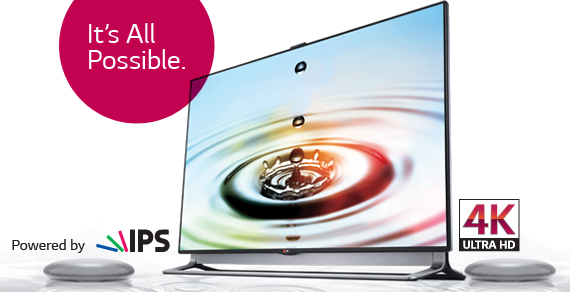The Indian cable and DTH industry has seen a lot of action in 2014 and as the industry is transitioning from being analogue to digital, there is ambiguity and confusion. And as the industry evolves, let us look at some key milestones it achieved in the year 2014.
India today stands as the 3rd largest TV market globally next only to China and US with around 155 million TV households. These are again shared amongst cable operators and DTH players. India has around 780 channels, which were brought down from 840+ due to criticism that the country has been too liberal in granting licences to TV channels.

India is in the midst of the digitisation of cable television and has completed phase I and II albeit with hiccups. Around 30 million households have been covered under the initial phases. Deadlines for phase III and IV which were slated to finish by this year have been revised and now phase III implementations needs to be completed by the end of 2015 and that of phase IV by the end of 2016. This has brought relief to the MSOs who are grappling with issues like additional investments in infrastructure and availability and deployment of Set Top Boxes (STBs) for phase III and IV. But the revised deadlines have left the broadcasters unhappy. These broadcasters have been looking to reap benefits of digitisation for quite some time now.
There were some significant breakthroughs achieved by the DTH players, this includes simultaneous launch of a regional language movie on the same day as it was released in theatres and launch of a mobile app which made TV viewing available on-the-go through smart devices. These kinds of developments and adoption of technology is a positive sign of the industry progressing in the right direction and offering choices to the customers.
Regulators played their part and introduced regulations to control the industry, some stakeholders were happy and some not so much but had to bite the bullet anyway. To avoid monopoly of any particular MSO, TRAI introduced a cap of 50% market share and a window of 12 months to MSOs for any corrective measures. This will be good from consumer perspective to ensure fair competition and to keep the prices under check.
Another significant development was the Cabinet giving a go-ahead to the television rating guidelines, thereby putting rating agencies under regulatory control of MIB. The need for guidelines had arisen due to inconsistencies in television ratings.
Yet another classic reform brought in by TRAI was the reduced role of content aggregators as agents of broadcasters. TRAI clearly defined the roles of broadcasters, aggregators and distribution platform operators. This move was taken after it was found that aggregators were generally owned by broadcasters and they bundled content from different broadcasters and pushed these bundles to the DPOs thereby passing it onto the subscribers. As per the latest amendments, agents can only act on behalf of broadcasters and broadcasters themselves need to make the RIOs which would remain standard for all DPOs. As per the latest amendments, channels from different broadcasters cannot be bundled.
Due to irregular and inconsistent implementation of billing by the MSOs TRAI intervened to check the issue and directed MSOs and LCOs to resolve differences and come up with a solution. MSOs and LCOs had a dispute over the ownership of the customers which was causing the delay in bills
Another move, which if implemented, will bring a lot of relief to customers, is inter-operatibility. Which means set-top-box portability by chip enabled card. This will give more freedom to customers in choosing their providers without having to make investments in set-top-boxes every time they moved or selected different operators.
While 2014 was chaotic, we hope 2015 will bring in more discipline and stability in the industry. Roles and interaction between different stakeholders will become more defined and there will be more clarity in the operations. We expect players to start reaping the benefits of digitisation and achieve the desired objective.















